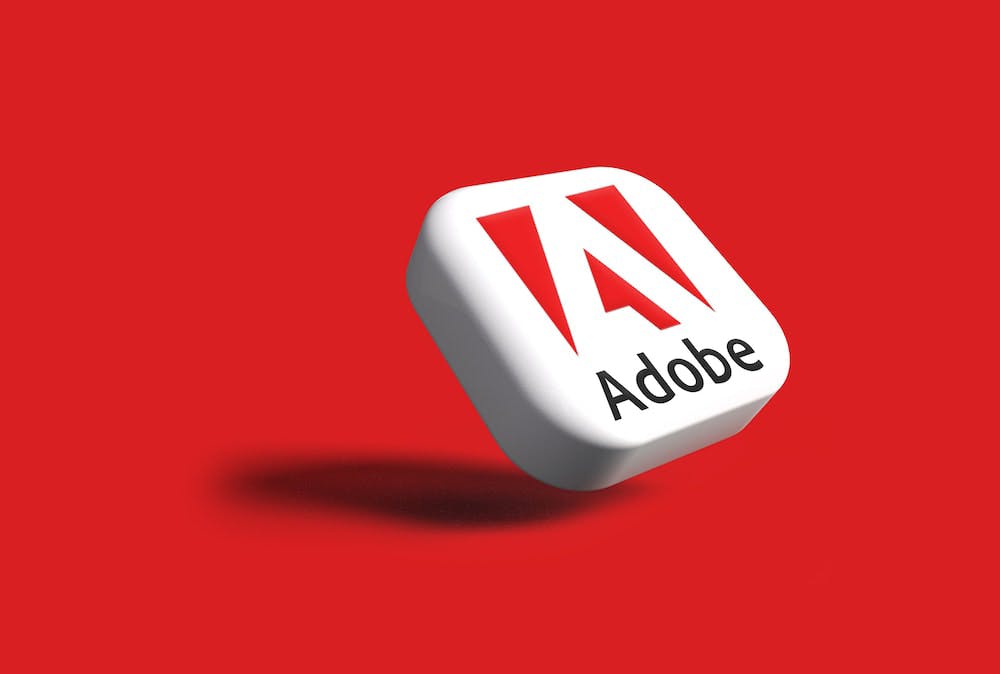I know that my opinion isn’t popular, but I disregarded Twitter as a bad idea back in 2007 when I first signed up, and I’ve been suspicious ever since. It was a novel idea at the time—text updates to an aggregation website so people could read your micromessages. There’s several issues there, chiefly among them that you’d have to pay data usage fees for every message sent, meaning that Twitter would cost you money through your phone provider. But, as luck would have it, smart phones like the iPhone came out not a moment too soon, and allowed people to update their Twitter through their data plan or wifi connection, making it free, and Twitter became a success. But the burning question remained, how is Twitter making money?
Most of Twitter’s money came from investors funneling money into it, and it wasn’t a bad gamble, with the amount of users and traffic it was able to maintain it was only a matter of time before someone figured out how to monetize it. Finally, after years of attempts, it looks like they’ve released a clear plan—Twitter Cards.
Twitter Cards are simply put a direct way to drum up lead generation. Advertisers want your name, your gender, your age, and whatever other information they can get their hands on. Twitter doesn’t know all that, maybe, but they do know your email address and have direct access to your Twitter inbox.
Using a patented process (keyword search) to find out what you’re interested in they can direct advertisements to you. Each one will have a “Sign Up and Save!” or something similar button which will offer up your information to that advertiser so that they can try to sell you more stuff, but sometimes at a discount, so it’s not all bad.
Twitter has already run beta tests with other advertising campaigns from Full Sail University and NewRelic, and it was successful enough for them to go full steam ahead. Expect to see Twitter Cards popping up on your feed. I don’t see any danger in giving away your name and email, outside of the annoyances of cleaning out an inbox, but if you’re someone who considers themselves a private person, you have the option to opt out by not clicking the sign up button.
Will this be the ticket to a financially successful Twitter? Time will tell.


